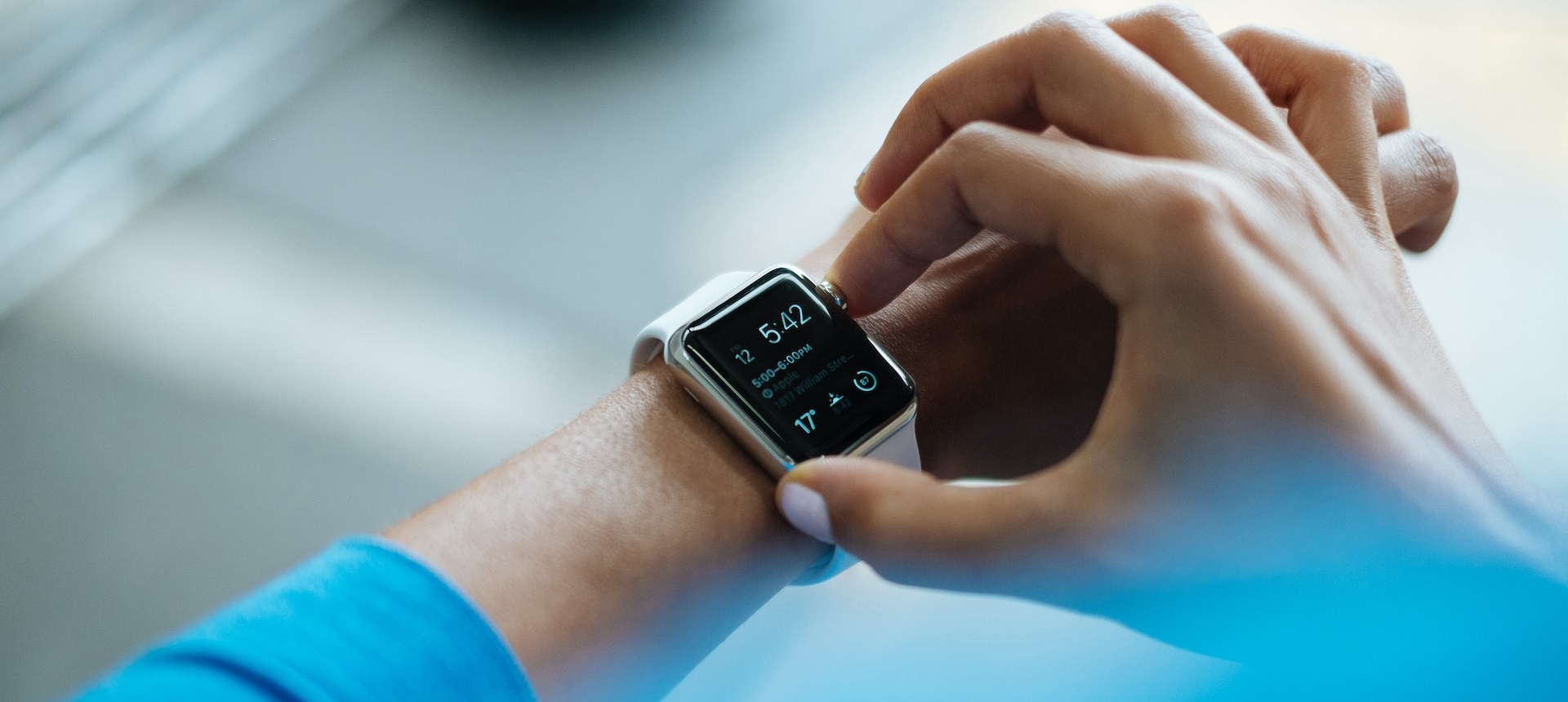1. Businesses buy secure email gateways to protect corporate data
Businesses are investing in secure email gateways to protect the privacy of corporate and employee data – and to comply with regulations such as GDPR in Europe. As a result, the global secure email gateway market is expected to grow by $1.55 billion, or 15 per cent annually, between 2020 and 2024, according to Technavio. North America is expected to be the fastest-growing region for secure email gateway uptake, with an expected growth rate of 40 per cent.
2. Ad tech market to boom despite data privacy challenges
Despite data privacy issues around third-party cookies and compliance with new regulations, the advertising technology market is poised to approach $40 billion by 2025, according to ABI Research. Growth will come from technology platforms and solutions that aid businesses in managing identities and targeting campaigns with fewer third-party tracking methods.
3. 40% of boards will have a cybersecurity committee by 2025
Data security and privacy issues are going straight to the boardroom, according to Gartner. The analyst predicts 40 per cent of boards will have a cybersecurity committee by 2025. The change has been brought on by the greater digital footprint of organisations during the COVID-19 pandemic. Changes will be felt across organisations: Gartner predicts 60 per cent of chief information security officers will establish critical partnerships with key executives in sales, finance and marketing, up from fewer than 20 per cent today.
4. WhatsApp privacy policy change spurs uptake in rival apps
The update to WhatsApp’s privacy policy in January led to widespread confusion and a spike in new user numbers for competing messaging apps such as Signal and Telegram. WhatsApp has since clarified details of the changes and provided greater transparency on how it collects and uses data. It’s more evidence of how data issues are essential to consumers and shows their willingness to switch products if they believe an option compromises their privacy.
5. Blockchain is top 10 tech to revolutionise international trade
Blockchain is listed among the top tech technologies that will change international trade, according to the World Economic Forum. The cryptographic system is seen as essential in securing information that facilitates supply chain finance and the movement of goods across international borders. The digital tech is credited with keeping international trade flowing even as people’s travel has been restricted during the COVID-19 pandemic.
6. Virginia set to pass new data privacy law for larger businesses
Virginia is set to become the second US state to pass a data privacy law, following California. The Consumer Data Protection Act would go into effect on 1 January 2023 and target businesses that handle data for at least 100,000 Virginia residents or derive at least 50 per cent of their revenues from the sale and processing of consumer data of at least 25,000 customers. The bill has been approved by state legislature could become law as soon as April.
7. Ireland injects €193 million into data privacy, cybersecurity, AI and e-health
Ireland is supporting digital technologies and issues such as data privacy with plans to invest €193 million over six years into research on cybersecurity, artificial intelligence, ethics and data privacy, smart medical devices, e-health and telecommunications. The government says the move “will ensure that we are prepared for the changes and disruption that we are facing in addressing global societal and economic challenges”.
8. Biometrics to authenticate $3 trillion in mobile payments by 2025
Biometrics is increasingly being used to secure financial data used for mobile payments. Fingerprint, iris, voice and facial recognition will authenticate over $3 trillion in payment transactions by 2025, up from $404 billion in 2020, according to Juniper Research. The growth is due in part to increased use of Apple Pay and Samsung Pay, both of which take advantage of biometric authentication.
9. UK and EU still working out data privacy rules post-Brexit
While the Brexit deal was struck just before the end of 2020, issues over data transfers between the UK and EU are still to be determined. The two regions have not yet decided how to move data between the two regions, and for now the UK continues to follow the EU’s GDPR laws. Guidelines should be worked out by April; further delays could affect the UK’s digital trade with the US.
10. Consumers don’t take time to understand how their data is being used
A majority (82 per cent) of consumers believe they are maintaining their data privacy, but most do not take even basic precautions for this, according to a new study by Entrust, a US-based identity management company. The survey of 1,000 people showed that 43 per cent don’t carefully review the terms and conditions before downloading a new app – either because it takes too much time, or they don’t understand what the terms mean.
–
Follow us on Twitter – @ColContent









